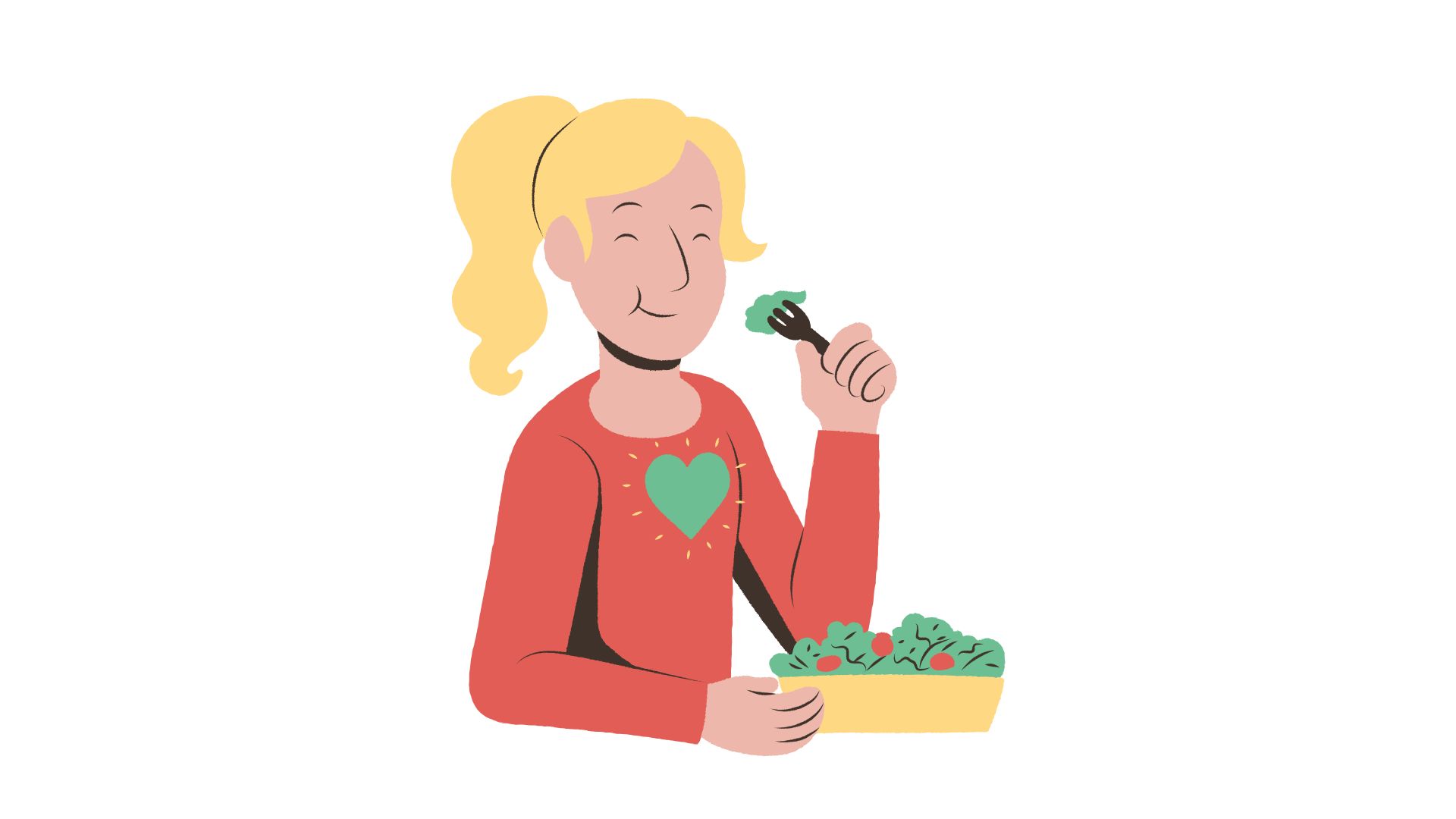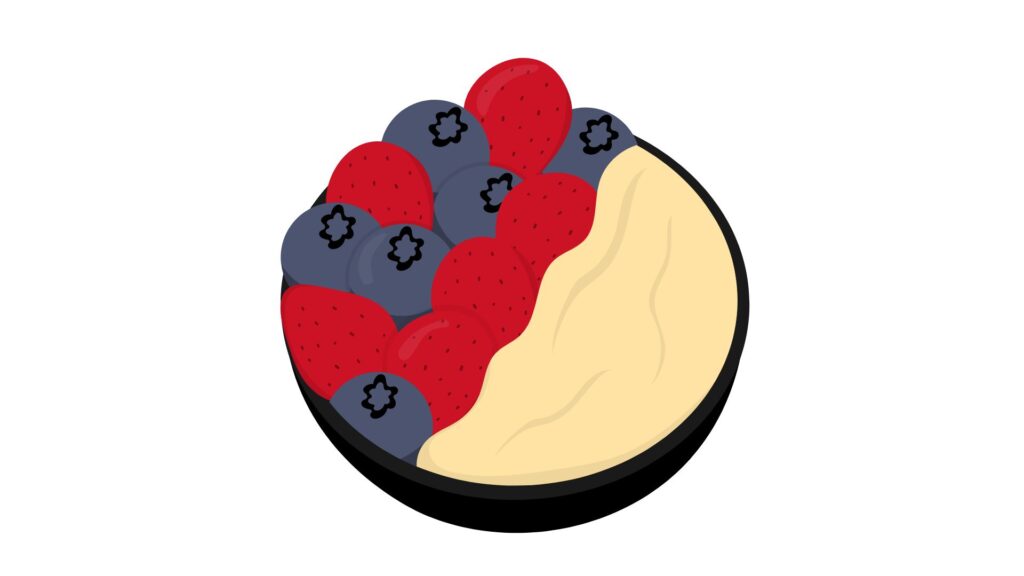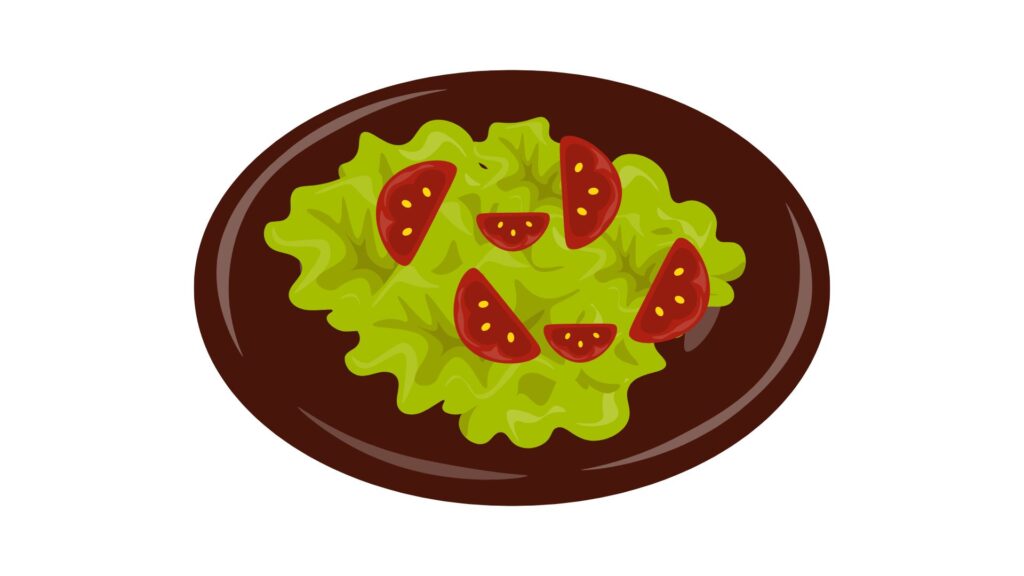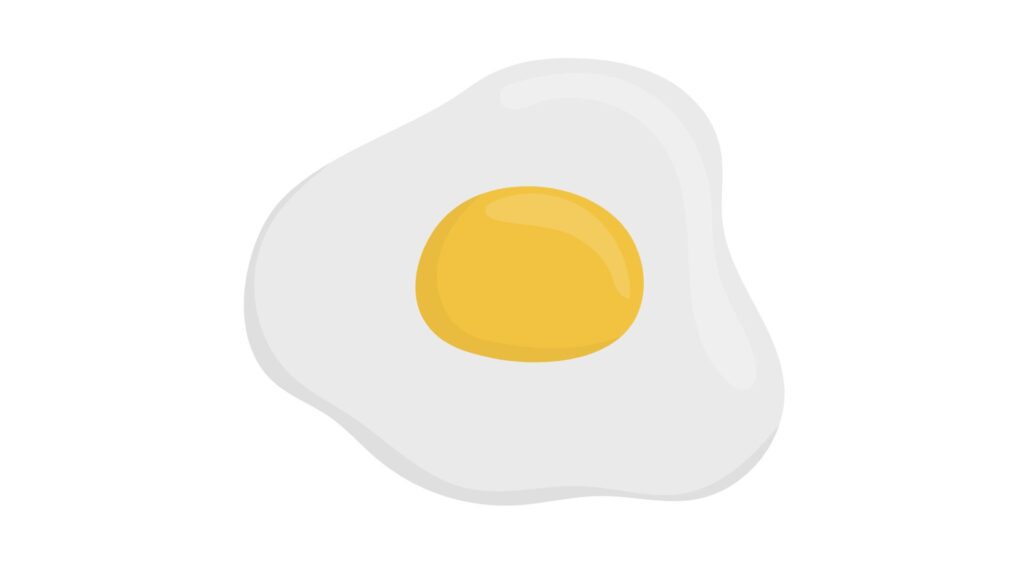Tired All the Time? Your Diet Might Be the Problem — Here’s How to Fix It

Ever feel like you’re constantly running on empty? Like you need a 3 PM coffee IV drip just to make it through the day?
You’re not alone. And while the usual suspects – poor sleep, stress, and too much Netflix – definitely play a role, what you eat might be the biggest culprit of all.
Let’s talk about how a balanced diet can transform your energy levels (without having to mainline espresso all day)
How What You Eat Powers Your Day
Your body is basically a machine that converts food into energy. And just like any machine, the quality of fuel makes a massive difference in performance.
Energy comes primarily from three main nutrients:
- Carbohydrates: Your body’s favorite and fastest energy source
- Proteins: More for repair and maintenance, but still provides energy
- Fats: Your dense, slow-burning energy reserve
Getting these in the right balance is like hitting the sweet spot between a sugar rush and a food coma.
The Energy All-Stars: Foods That Keep You Going

Not all foods are created equal when it comes to powering your day. Here’s what to load up on:
Complex Carbs: The Steady Performers
Think of these as time-release energy capsules. Unlike their simple sugar cousins that send you on a roller coaster ride of energy spikes and crashes, complex carbs provide sustained fuel.
Load up on:
- Oatmeal
- Quinoa
- Brown rice
- Sweet potatoes
These foods break down slowly, keeping your blood sugar levels stable throughout the day instead of sending you into that post-lunch coma.
Protein: The Maintenance Crew
Protein isn’t just for gym bros. It’s crucial for everyone’s energy levels because it:
- Helps maintain muscle mass (which burns calories even at rest)
- Slows digestion to prevent energy crashes
- Keeps you feeling fuller longer
Great sources include eggs, Greek yogurt, chicken, fish, beans, and lentils. Aim to include some protein at every meal and snack.
Healthy Fats: The Long-Lasting Fuel
Despite years of fat-phobia, we now know that healthy fats are essential for sustained energy. They’re like those long-burning logs in a fireplace that keep the heat going.
Energy-boosting fats come from:
- Avocados
- Nuts and seeds
- Olive oil
- Fatty fish like salmon
These fats not only provide energy but also support brain function and mood, which affects how energetic you feel.
Micronutrients: The Energy Factory Workers
Without certain vitamins and minerals, your body literally can’t convert food to energy. The key players include:
- B vitamins: The energy production team captains
- Iron: Helps deliver oxygen to cells (no oxygen = no energy)
- Magnesium: Activates ATP, your cellular energy currency
- Zinc: Supports metabolism and immune function
A deficiency in any of these can leave you dragging, no matter how many calories you consume.
Why Your Energy Crashes (And How to Stop It)

If you’re riding the energy roller coaster daily, here’s why – and how to get off:
The Blood Sugar Trap
That mid-afternoon slump? It’s often the result of a blood sugar crash after a high-carb lunch. The cycle goes:
- Eat simple carbs/sugar → Blood sugar spikes → Energy surge
- Insulin floods in → Blood sugar plummets → Energy crashes
- Cravings hit → Repeat cycle
Break the cycle: Pair carbs with protein and fat. Having a sandwich? Add avocado and turkey. Craving something sweet? Try an apple with almond butter instead of candy.
The Power of Meal Timing
Your body likes consistency. Eating at regular intervals helps maintain steady energy levels throughout the day.
Try this: Instead of three large meals, consider eating smaller amounts every 3-4 hours. A meal or snack containing protein, complex carbs, and healthy fats keeps energy steady without overwhelming your digestive system.
Hydration Station
Even mild dehydration can zap your energy faster than an all-night Netflix binge. Water is essential for all metabolic processes, including energy production.
Energy hack: Start your day with a big glass of water. Keep a water bottle with you and sip throughout the day. If plain water bores you, add some cucumber slices, berries, or a squeeze of lemon.
Real-Life Energy Boosting Strategies

Let’s get practical. Here’s how to implement energy-boosting nutrition into your actual life:
Morning Energy Foundation
Power breakfast options:
- Overnight oats with berries and nut butter
- Greek yogurt with granola and banana
- Veggie omelet with whole grain toast
A protein-rich breakfast is like putting money in the energy bank for the rest of your day.
Snack Smart
The 3 PM vending machine run is where diets go to die. Instead, prep these energy-sustaining snacks:
- Trail mix with nuts, seeds, and a few dark chocolate chips
- Hummus with veggie sticks
- Hard-boiled eggs
- Apple slices with peanut butter
Meal Prep Magic
The best energy-boosting diet is the one you’ll actually follow. Meal prepping makes healthy eating effortless when you’re tired:
- Batch cook grains like quinoa or brown rice
- Prep protein sources (grilled chicken, hard-boiled eggs)
- Wash and chop veggies for easy access
- Have healthy fats ready (nut butter, avocados, olive oil)
Combine these components for quick meals that maintain energy levels
Beyond Food: Other Energy Factors
While nutrition is crucial for energy, it works best when supported by:
Movement Matters
Exercise might seem counterintuitive when you’re tired, but regular physical activity actually increases your energy levels. Even a 10-minute walk can boost circulation and energy.
Sleep: The Ultimate Reset
No amount of perfect nutrition can overcome chronic sleep deprivation. Your body needs that downtime to repair and recharge.
Sleep optimization: Aim for 7-9 hours of quality sleep. Create a consistent sleep schedule and avoid screens before bed.
Stress Management
Chronic stress burns through energy reserves like nothing else. Finding effective ways to manage stress—whether through meditation, deep breathing, or time in nature—helps preserve your energy.
The Bottom Line on Food and Energy

Your energy levels are largely determined by what’s on your plate. A balanced diet rich in whole foods—complex carbs, lean proteins, healthy fats, and plenty of fruits and vegetables—provides the steady fuel your body needs.
Skip the quick fixes like energy drinks and sugar bombs that leave you more depleted in the long run. Instead, focus on nourishing your body with real food that supports sustained energy production.
Remember: energy isn’t just about making it through the day without falling asleep at your desk. It’s about having the vitality to fully engage with your life, pursue your passions, and enjoy the ride.
The best part? Unlike trendy diets or supplements, eating for energy isn’t complicated or expensive. It’s simply about giving your body the diverse nutrients it needs to function at its best.
Now go grab a banana and a handful of almonds, and show that afternoon slump who’s boss!

